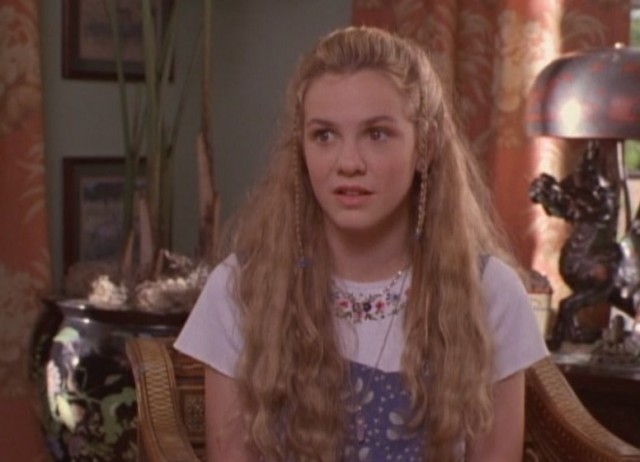How the Baby-Sitters Club Does Money: Dawn

Dawn never saw herself as living in “that part” of San Francisco, but there she is. She never thought of herself as being a full-time stay-at-home mom to two children on the autism spectrum, but there she is. She never, ever thought that a family could be earning more money than most people on the planet and still be in debt beyond their capacity to ever pay it back, not to mention the general paycheck-to-paycheck lifestyle, but there she is.
Dawn’s husband takes the Google Bus. Yes, that bus. She will give you the side-eye if you mention The Bus as the thing that is ruining San Francisco. She’ll give you the other side-eye if you ask why they had the second kid. And don’t you dare cite some article you read about how children with autism are more often born to older mothers or software engineers or people who vaccinate or women who take antidepressants.
(Other things never to say: “Isn’t autism rare in Asian kids?” “Where is your husband from? No, I mean your husband’s family.” “Do you prefer autistic children or children with autism?” Dawn prefers you call them River and Jeffrey, which are their names.)
Dawn used to think she would devote her energy to saving the world. Now she cuts up hot dogs because her children will eat them. When River was five years old, Dawn watched the Temple Grandin biopic and sat with her on the stairs, mimicking the correction she saw in the movie. Every time her daughter turned her face away, Dawn would reach out and turn it back again.
Dawn quickly realized that it would be much better for her children to work with specialists. Expensive specialists. Everything is expensive in San Francisco. They could move, but everything is expensive in Mountain View too.
(If you say a word to Dawn about trying gluten-free or going without pesticides, if you ask — or try to guess — if her kids are “high functioning,” or if you refer to her children in any way that implies their diagnoses are of more interest than who they are as people, she will cut you open with a glance.)
She and her husband talk sometimes about their options: one family they knew declared bankruptcy, another moved in with grandparents. Dawn’s mother, of course, married Mary Anne’s father and “moving in with them” would require relocating to Stoneybrook — not the best option for the kids, for Dawn’s husband’s career, or for their marriage. Anyway, the family can’t leave Dawn’s mother-in-law, whom they’re helping to support financially and who is likely to need full-time caretaking herself in a few years.
Dawn won’t bother with the side-eye and will give you the full-on glare if you suggest that her children, her mother-in-law, or any other aspect of their family life is a “burden.” It is life. That’s all it is. Her children are who they are in their own wonderful and challenging ways. Her mother-in-law is a person and a friend. Her husband takes The Bus and they are among San Francisco’s “haves” and they are considering bankruptcy as an eventual financial strategy.
Dawn used to think about saving the world. Now she thinks about balancing individual ecosystems, as if each home were its own private tidepool that lives in harmony with what’s around it but has to remain functional on its own. Everyone’s little family ecosystem is different, and you know absolutely nothing about hers, so keep your mouth shut and your assumptions to yourself.
Previously: Jessi
Support The Billfold
The Billfold continues to exist thanks to support from our readers. Help us continue to do our work by making a monthly pledge on Patreon or a one-time-only contribution through PayPal.
Comments